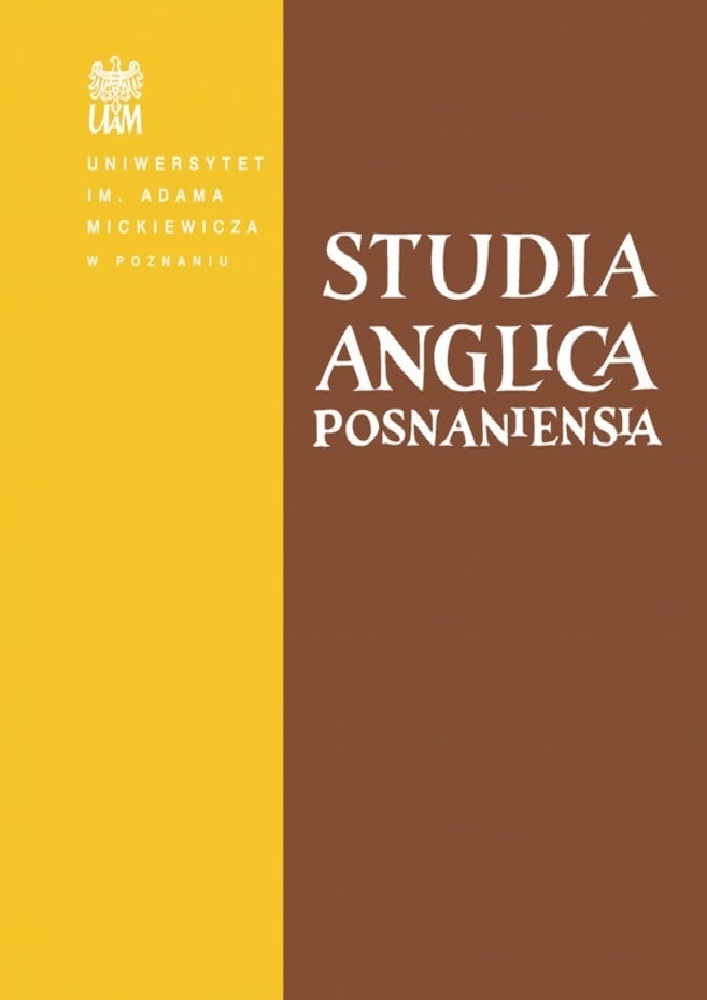Abstract
The large wave of Polish immigration to Canada during the years immediately following World War II also brought the production of written narratives that reflect upon the process of migration and settlement in the new place. Although these migrants included persons from all across Poland, of different age groups, backgrounds, and occupations, the migration narratives share certain distinctive formulas and patterns, particularly in terms of their plot lines and narrative structure. Each story highlights the journey and its difficulties, the arrival and culture shock, the struggle to adapt, and finally acceptance of life in the new world. This article focuses on the migration experiences of Józef Bauer (arriving in Canada in 1946), Helena Beznowska (arriving 1948), Marian Pawiński (arriving 1949), and Erika Wolf-May (arriving 1953). Explored from a folkloristic perspective, these four narratives fulfill the four functions of folklore: entertainment, education, validation and reinforcement of beliefs and conduct, and maintaining the stability, solidarity, cohesiveness, and continuity of a group within the larger mass culture. Moreover, as folkloric expressions of culture, the narratives not only reflect our very human culture, but also reinforce our shared humanity.
References
Avery, Donald H. & Jan K. Fedorowicz. 1982. The Poles in Canada. Canadian Historical Association.
Bascom, William R. 1954. Four functions of folklore. Journal of American Folklore 67(266). 333–349. DOI: 10.2307/536411
Bauer, Józef. 1979. The youngest soldier. In Benedykt Heydenkorn (ed.), Memoirs of Polish immigrants in Canada. Toronto: Canadian-Polish Research Institute. 1–40. Based on the original Polish three-volume edition, Pamiętniki imigrantów polskich w Kanadzie. 1975–1978. Polish Alliance Press.
Davis, Gerald L. 1985. I got the word in me and I can sing it, you know: A study of the pPerformed African–American sermon. University of Pennsylvania Press. DOI: 10.9783/9781512801637
Dégh, Linda. 1966. Approaches to folklore research among immigrant groups. Journal of American Folklore 79(314). 551–556. DOI: 10.2307/538220
Dégh, Linda. 1996. Study of immigrant folklore. In Jan Harold Brunvand (ed.), American folklore: An encyclopedia. Garland Publishing. 385–388.
Del Negro, Giovanna. 2003 Looking through my mother’s eyes: Life stories of nine Italian immigrant women in Canada. (2nd edn.) Guernica Editions.
Dubanski, Ryszard. 2005. Black teeth & other North End souvenirs. Signature Editions.
Heydenkorn, Benedykt. 1979. Introduction. In Benedykt Heydenkorn (ed.), Memoirs of Polish immigrants in Canada. Toronto: Canadian-Polish Research Institute. i–x. Based on the original Polish three-volume edition, Pamiętniki imigrantów polskich w Kanadzie. 1975–1978. Polish Alliance Press.
Heydenkorn, Benedykt. 1999. Poles. In James H. Marsh (ed.), The Canadian Encyclopedia. McClelland & Stewart. 1849–1850.
Heydenkorn, Benedykt. 2019. Polish Canadians. The Canadian Encyclopedia (accessed 31/07/2020). https://www.thecanadianencyclopedia.ca/en/article/poles
Hoffman, Alice M. & Howard S. Hoffman. 1990. Archives of memory: A soldier recalls World War II. University Press of Kentucky.
Kirshenblatt-Gimblett, Barbara. 1998. Folklore’s crisis. Journal of American Folklore 111(441). 281–327. DOI: 10.2307/541312
Kogler, Rudolf K. 1968. Demographic profile of the Polish community in Canada. Polish American Studies 25(1). 51–62.
Kojder, Apolonja Maria & Barbara Głogowska. 1995. Marynia, don’t cry: Memoirs of two Polish-Canadian families. Multicultural History Society of Ontario.
Kozak, Jacek. 2011. How the Polish created Canada. Dragon Hill Publishing.
Makowski, William. 1987. The Polish people in Canada: A visual history. Tundra Books.
Momryk, Myron. 1993. Benedykt Heydenkorn: Finding Aid No. 1947. Library and Archives Canada, Manuscript Division, Multicultural Archives Program. https://docplayer.net/57223427-Mg-31-d-237-heydenkorn-benedykt-finding-aid-no-instrument-de-recherche-no-1947.html
Pawinski, Marian. 1979. My life as an immigrant. In Benedykt Heydenkorn (ed.), Memoirs of Polish immigrants in Canada. Toronto: Canadian-Polish Research Institute. 145–174. Based on the original Polish three-volume edition, Pamiętniki imigrantów polskich w Kanadzie. 1975–1978. Polish Alliance Press.
Shuman, Amy & Carol Bohmer. 2004. Representing trauma: Political asylum narrative. Journal of American Folklore 117(466). 394–414. DOI: 10.1353/jaf.2004.0100
Stahl, Sandra K. D. 1977. The personal narrative as folklore. Journal of the Folklore Institute 14(1–2). 9–30. DOI: 10.2307/3814039
Wolf-May, Erika. 2002. Erika: The story of my life. Lighthouse Publishers.
